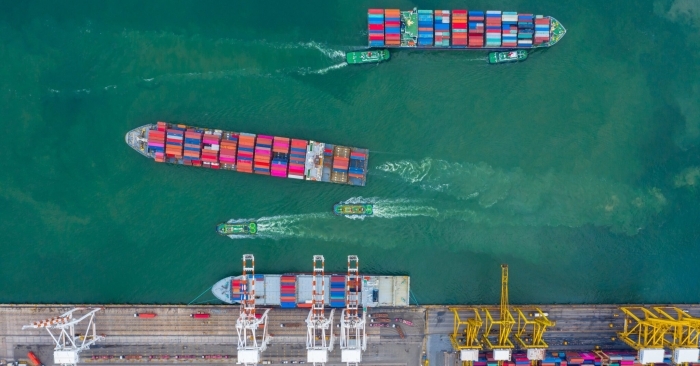DCSA sets standards for digital exchange of Operational Vessel Schedules
July 11, 2020: Digital Container Shipping Association (DCSA), a neutral, non-profit group established to further digitalisation of container shipping technology standards, in conjunction with its nine-member carriers, published standards for the exchange of operational vessel schedules (OVS).

July 11, 2020: Digital Container Shipping Association (DCSA), a neutral, non-profit group established to further digitalisation of container shipping technology standards, in conjunction with its nine-member carriers, published standards for the exchange of operational vessel schedules (OVS).
The standards can be implemented by vessel operators, as well as their Vessel Sharing Agreement (VSA) partners and operational service providers, to enable automatic sharing of schedule information. This is one of many initiatives to be put forth by DCSA to accelerate digitalisation through a unified industry effort.
With the new standards in place, carriers can digitally publish their schedules, and their partners and operational service providers can subscribe to the carrier’s feed to automatically receive updates, or retrieve updates as needed. This will provide complete vessel schedule transparency, increasing efficiency and enabling better planning and optimisation of shipping activities.
“Operational vessel schedules are core to the functioning of the container shipping industry,” said Thomas Bagge, CEO of DCSA. “Digitising them is necessary if we want to build a higher degree of effectiveness and efficiency into the fabric of container shipping processes and this release is an important step in that direction. Once implemented, our OVS standards will, for example, enable a port operator to optimise their operational activities in accordance with the exact arrival time and departure date of a vessel. Ultimately, the more transparency and efficiency we build into these fundamental processes the more each stakeholder will be able to trust and benefit in terms of lower costs, increased productivity, greater innovation, a better customer experience, and less impact on the environment.”



